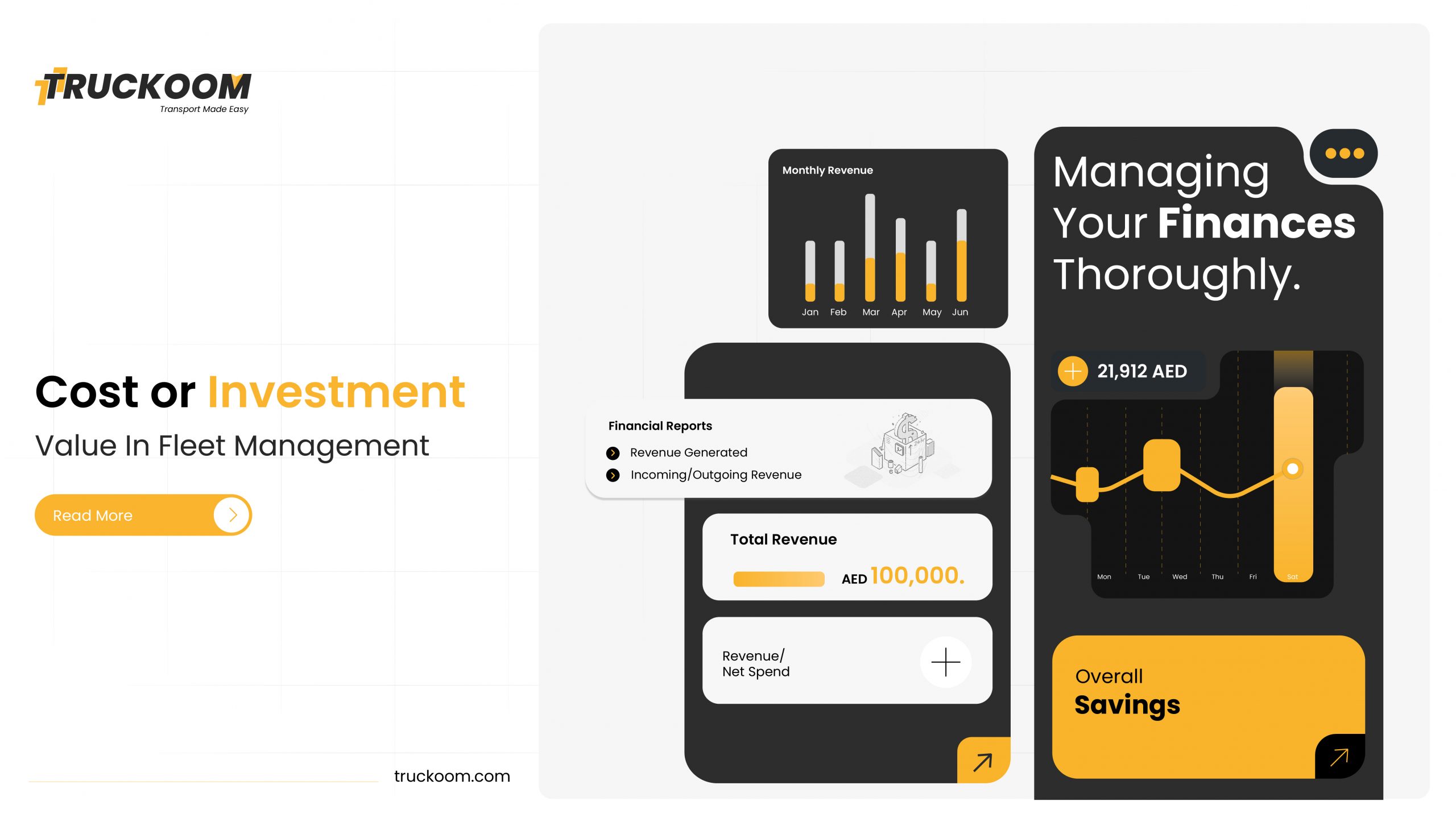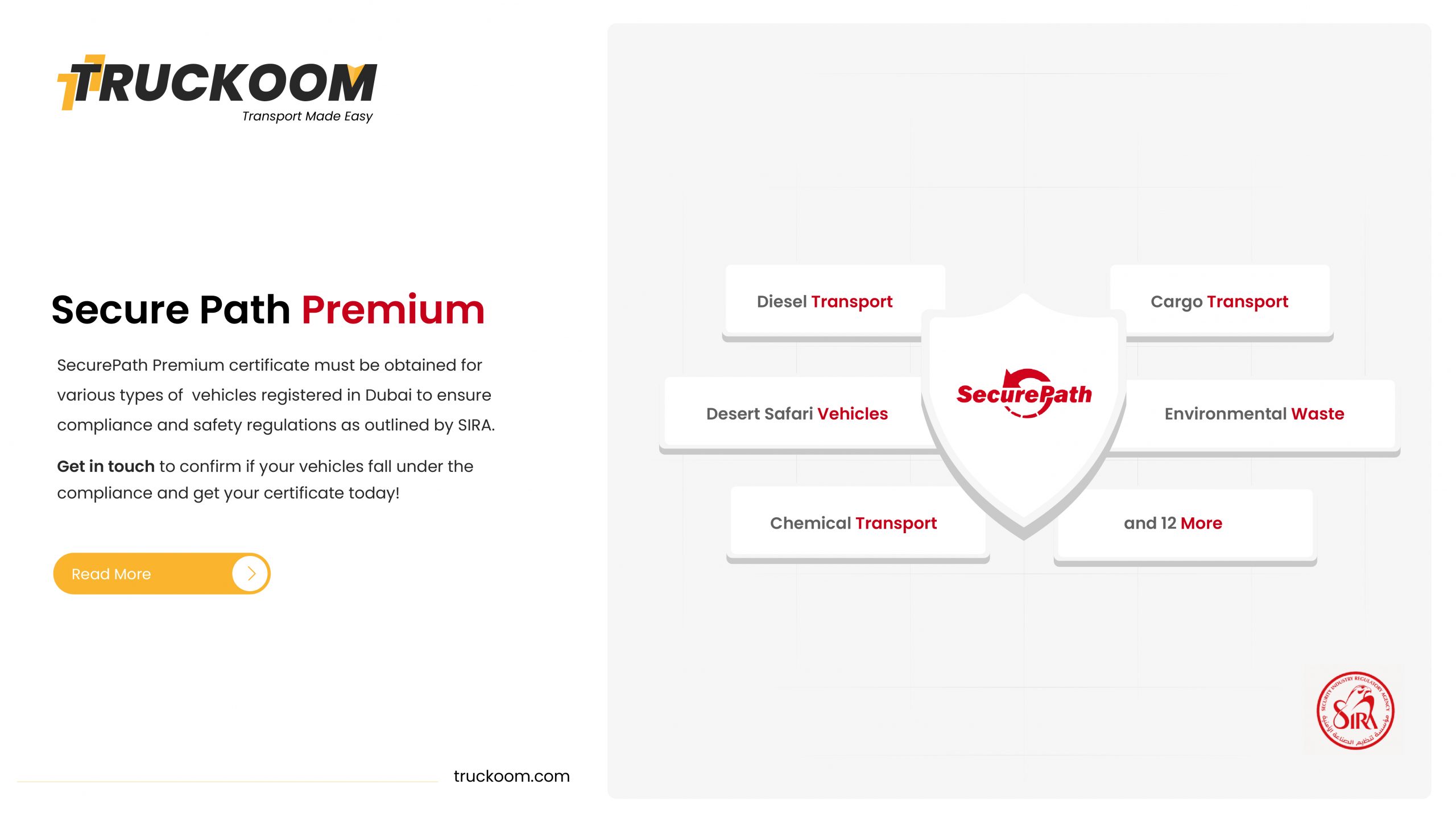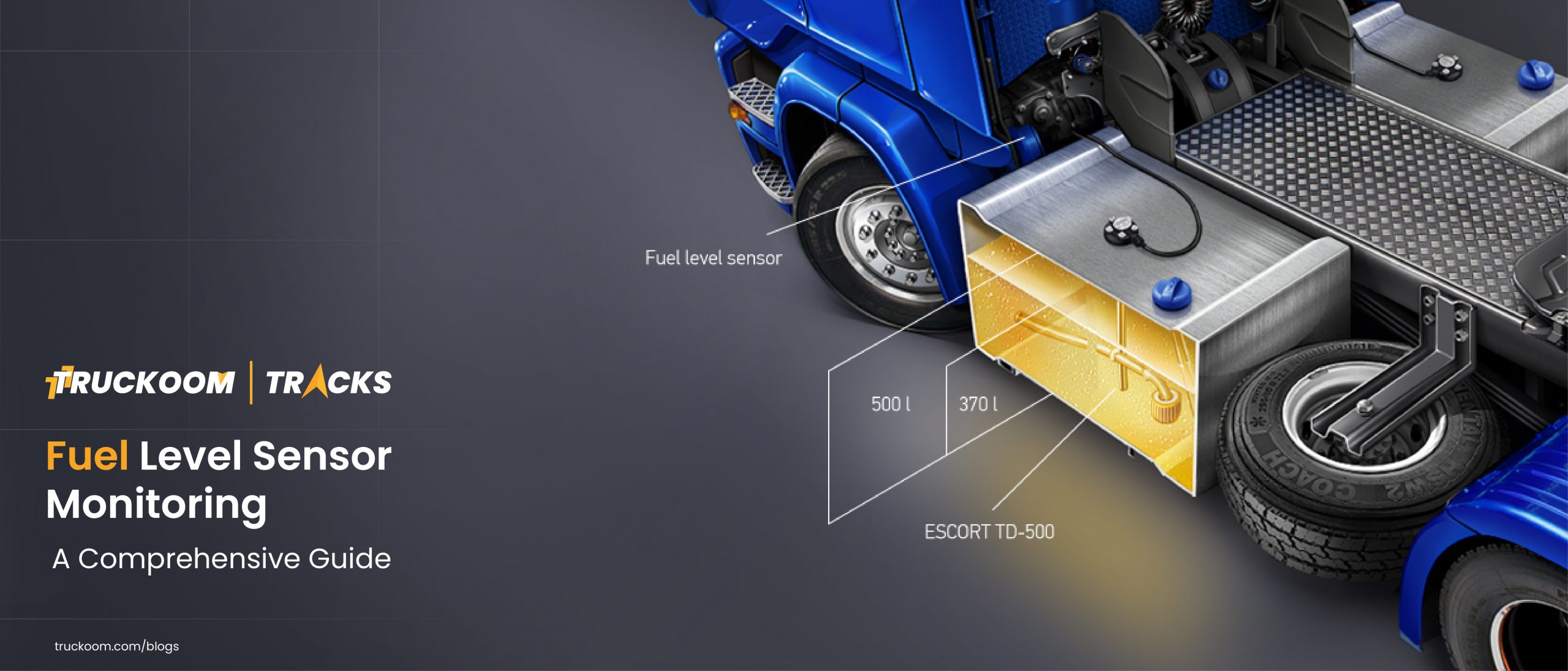In today’s business world, time is money. That’s why an efficient fleet management system is essential to the success of any business that relies on a fleet of vehicles. A well-managed fleet can save your business time and money, while also improving safety and reducing your carbon footprint.
There are a variety of fleet management strategies that can be used to improve the efficiency of your fleet. GPS tracking, for example, can be used to monitor your vehicles in real-time and ensure that they are being used optimally. Telematics systems can be used to collect data on your fleet’s performance and identify areas where improvements can be made. And advanced routing software can be used to plan the most efficient routes for your vehicles.
Fleet management is an essential part of many businesses that rely on vehicles to transport goods or provide services. It involves managing a fleet of vehicles, such as cars, trucks, or buses, and ensuring they are operating efficiently and effectively. Fleet management can be a complex and costly process, but with the right strategies in place, it can transform your business.
Innovative fleet management strategies involve the use of technology and data to optimize fleet operations, reduce costs, and increase productivity. By leveraging the latest advancements in technology, businesses can gain insights into driver behavior, vehicle performance, and fuel consumption, which can help them to make informed decisions and improve fleet efficiency.
Fleet Management Strategies
Here are some innovative fleet management strategies that can transform your business:
Vehicle Telematics
Vehicle telematics involves using technology to track and monitor vehicles in real-time. This technology provides insights into driver behavior, vehicle performance, and fuel consumption. By analyzing this data, businesses can optimize routes, reduce fuel consumption, and improve driver safety.
Telematics technology can be used to monitor driving behavior, such as harsh braking, sudden acceleration, and speeding. By identifying these patterns, businesses can provide drivers with feedback and training to improve their driving habits, which can help to reduce accidents and fuel consumption.
Telematics technology can also be used to monitor vehicle performance, such as engine efficiency, tire pressure, and battery life. By identifying potential issues early, businesses can schedule preventative maintenance, which can help to reduce downtime and repair costs while improving vehicle performance and safety.
Route Optimization
Route optimization involves using technology to plan and optimize the most efficient routes for your fleet. By analyzing traffic patterns, road conditions, and delivery schedules, businesses can plan routes that reduce fuel consumption, increase productivity, and improve on-time delivery rates.
Route optimization can also help businesses to respond to unexpected events, such as traffic congestion or road closures. By re-routing vehicles in real-time, businesses can minimize delays and ensure on-time delivery.
Predictive Maintenance
Predictive maintenance involves using technology to predict when maintenance will be required on vehicles. By analyzing vehicle data, such as engine performance and mileage, businesses can schedule maintenance before a breakdown occurs.
Predictive maintenance can help to reduce downtime and repair costs while improving vehicle performance and safety. By identifying potential issues early, businesses can schedule preventative maintenance, such as oil changes, tire rotations, and brake inspections, which can help to extend the life of their vehicles.
Asset Management
Asset management involves tracking and managing the lifecycle of your fleet vehicles. This includes monitoring maintenance schedules, tracking vehicle depreciation, and optimizing vehicle replacement cycles.
By tracking vehicle maintenance schedules, businesses can ensure that their vehicles are well-maintained and running at peak efficiency. By tracking vehicle depreciation, businesses can determine the optimal time to replace their vehicles, which can help to reduce operating costs and improve overall fleet efficiency.
Driver Training
Driver training involves providing your drivers with the necessary skills and knowledge to operate vehicles safely and efficiently. By providing regular training and feedback, businesses can reduce accidents, improve fuel consumption, and increase customer satisfaction.
Truckoom is a valuable tool for companies that employ drivers, as it provides comprehensive fleet management software. Truckoom allows real-time data-driven decisions by monitoring important metrics such as speed and braking. This information may be used to improve driver training methods and lower road accidents in real time.
Furthermore, trucks by truckoom offers powerful insights into driver behavior from the past, allowing owners and managers to identify patterns of dangerous driving behaviors and implement corrective actions to keep their fleets safe. Any company must have Truckoom on board if they want their vehicles operated safely.
Driver training can cover a range of topics, such as defensive driving, fuel-efficient driving techniques, and customer service skills. By investing in driver training, businesses can improve the performance and safety of their fleet while also enhancing the customer experience.
Implementing these strategies may require time and resources, but the long-term benefits can be significant. By optimizing fleet operations, businesses can reduce operating costs, improve productivity,
The Benefits of a Well-Managed Fleet
There are many benefits to be gained from implementing an innovative fleet management strategy. The most obvious benefit is increased efficiency. By using GPS tracking or telematics systems, you can monitor your vehicles in real-time and make sure that they are being used optimally. This can help you save time and money by reducing fuel consumption and vehicle wear and tear.
Another benefit of effective fleet management is improved safety. By monitoring your vehicles’ speed and location, you can make sure that they are being driven safely and by the law. This can help to reduce the number of accidents involving your vehicles, which will save you money on repairs and insurance premiums.
Finally, effective fleet management can help to reduce your carbon footprint. By using advanced routing software to plan the most efficient routes for your vehicles, you can reduce fuel consumption and emissions. This will not only help to protect the environment but will also save you money on fuel costs.
Conclusion
In conclusion, innovative fleet management strategies can transform your business by improving efficiency, reducing costs, and increasing customer satisfaction. By leveraging the latest advancements in technology, businesses can gain insights into driver behavior, vehicle performance, and fuel consumption, which can help them to make informed decisions and improve fleet efficiency.
If you rely on a fleet of vehicles for your business, then you must have an efficient fleet management system in place. There are many benefits to be gained from implementing an innovative fleet management strategy, including increased efficiency, improved safety, and reduced emissions.
So what are you waiting for? Transform your business today with innovative fleet management!




